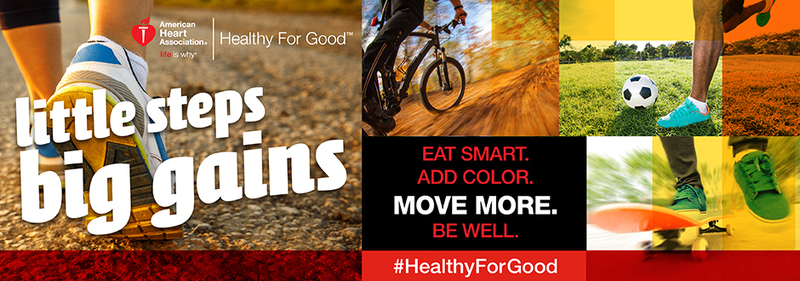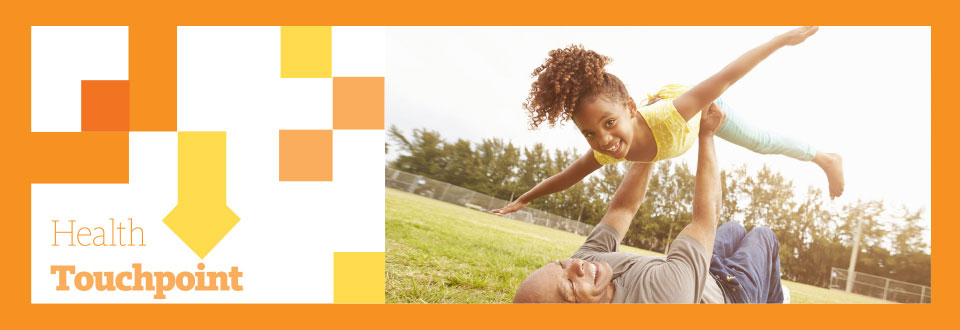
Stress Less with Mindful Movement
You may notice you feel better after you exercise. Most people experience increased energy and an improvement in overall well-being as physical activity becomes routine. Studies have shown that regular physical activity can help relieve depression and may even lower your risk of developing it.
If you are not the active type, are older or have physical limitations, you can still add healthy movement to your life.
For example, the National Institutes of Health (NIH) describes yoga, tai chi and qi gong as centuries-old, mind-body practices. They involve specific postures and movements combined with mental focus, breathing techniques, and meditation or relaxation. Even walking can be done mindfully as a form of meditation.
Some research studies have suggested that practicing these mindful movement activities may help:
- manage stress, depression and insomnia
- lower blood pressure
- improve balance and stability
- relieve chronic pain
- improve quality of life and mood in people with heart disease, cancer and other chronic illnesses
- motivate you to exercise more and eat healthier
A recent study concluded that yoga may improve heart health, including body mass index (BMI), blood pressure, cholesterol and heart rate. More research is needed.
But it’s clear that yoga is becoming more popular. In the last 10 years the number of Americans practicing yoga has nearly doubled. It’s now practiced by more than 21 million adults and more than 1.5 million children.
Yoga and other mindful practices can be gentle and may be done by just about anyone, anywhere, with no special equipment needed.*
Look for classes in your community or instructional videos, books and websites.
Whatever way you choose to get active, your heart will benefit. And you may find yourself feeling happier and more relaxed, too.
*There is a wide variety of yoga styles; not all are gentle. The NIH recommends that people with high blood pressure and women who are pregnant should modify or avoid some yoga poses. Talk with your healthcare provider and a qualified instructor if you have concerns.
